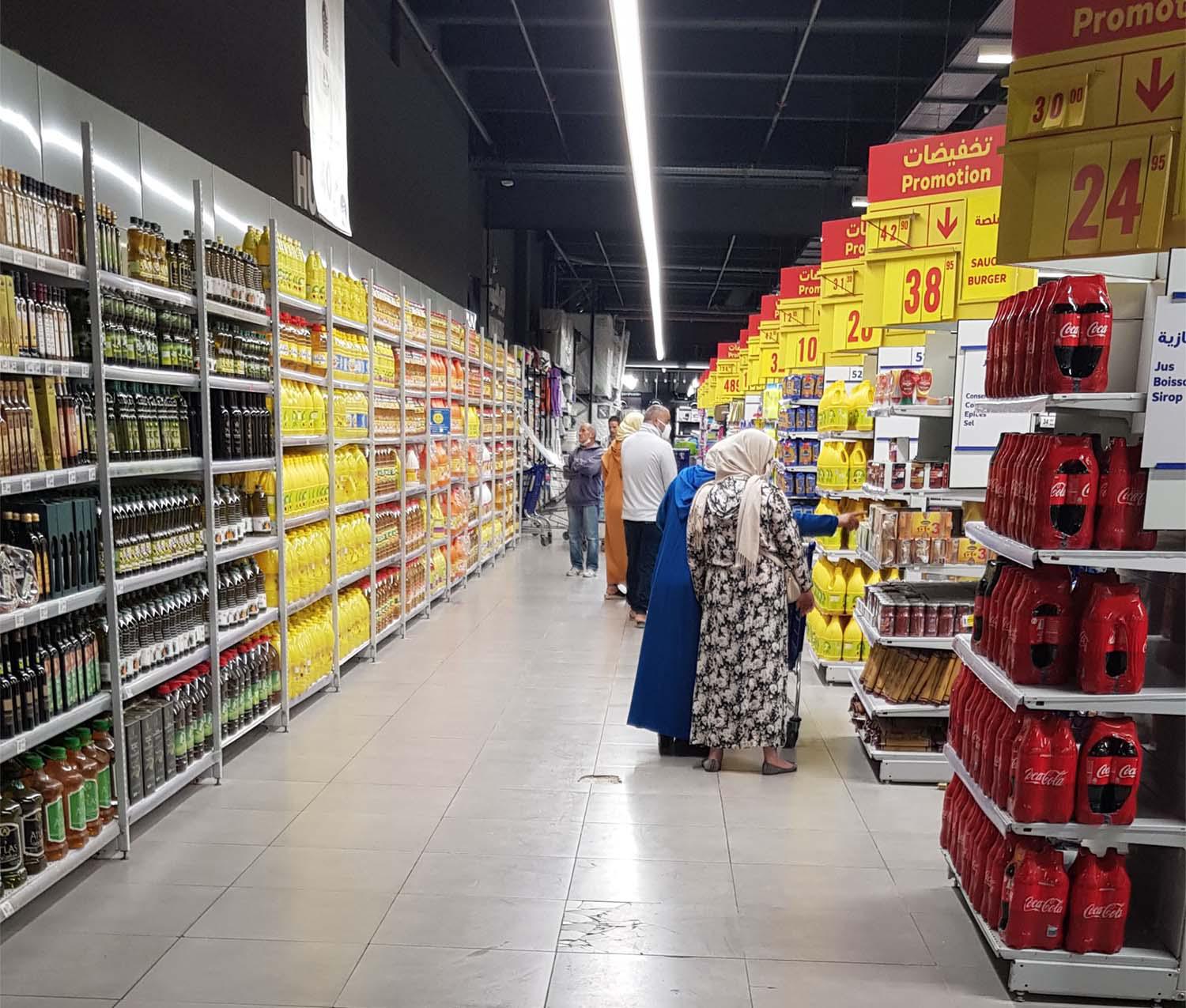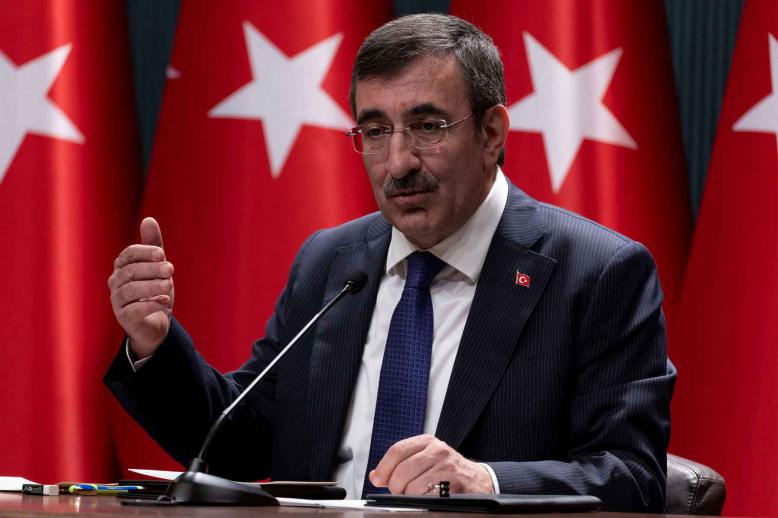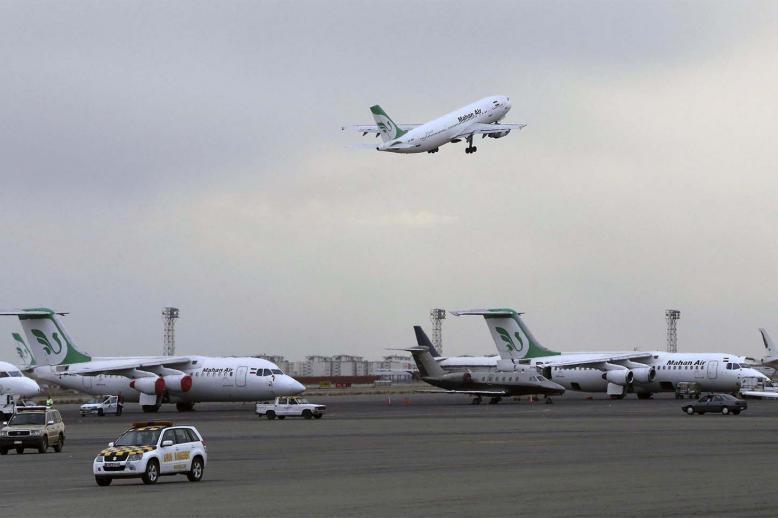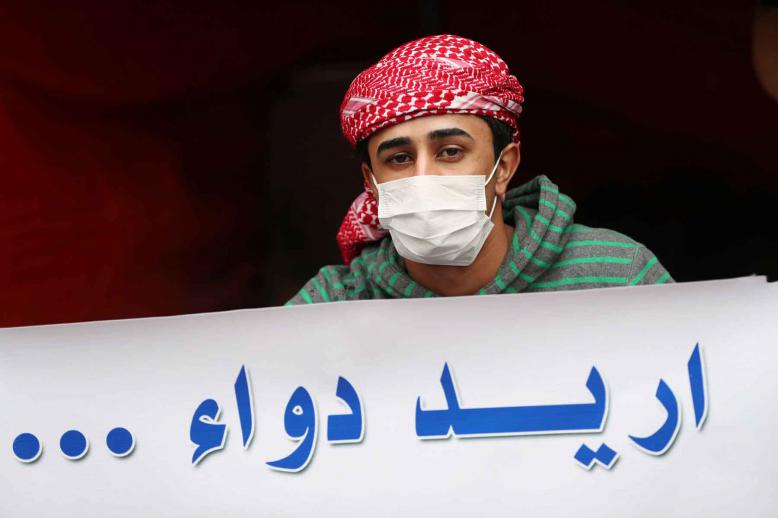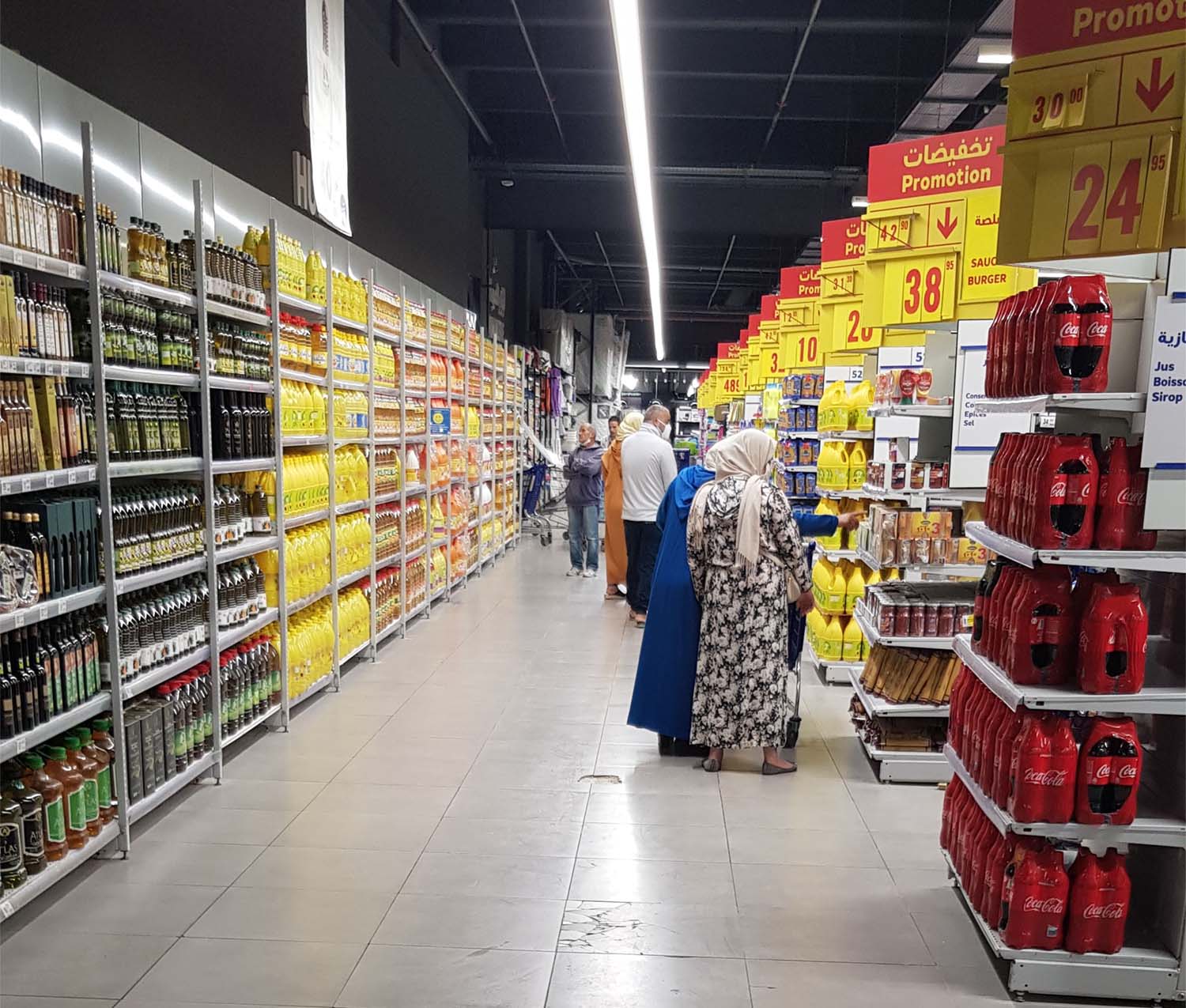World Bank expects Morocco’s economy to grow 3.1% in 2023
LONDON - Morocco’s economic growth is expected to grow 3.1% in 2023 thanks to a rebound of the primary sector, said the World Bank’s (WB) in its latest report “Responding to Supply Shocks.”
After a strong post-coronavirus pandemic rebound in 2022, Morocco’s economy has borne the brunt of supply shocks: a severe drought and soaring commodity prices that have driven inflation to record highs, said the report.
The country’s real GDP growth dropped from 7.9% in 2021 to an estimated 1.2% in 2022, while the current account deficit increased from 2.3% to 4.1% of GDP.
The annual inflation rate reached 8.3% at the end of 2022. Food prices were especially affected by inflation due to the lingering crisis in the international supply chain, the war in Ukraine and the ongoing drought.
The Moroccan government adopted several policies that included subsidies for staple commodities and regulating food prices in a bid to stem the impact of rising food and energy prices on households
According to the WB report, the government’s policie stabilized the prices of goods and services that absorb almost one-quarter of the average household´s expenditures, and averted a higher increase in poverty. However, this approach absorbed almost 2% of the country’s GDP.
“Recent measures to counter supply shocks and preserve the purchasing power of Moroccan households have cushioned the impact to a significant extent and prevented more people from falling into poverty,” said Jesko Hentschel, World Bank Country Director for the Maghreb and Malta.
“The planned roll-out of the family allowance system will allow Morocco to effectively target the vulnerable population in a cost-effective and equitable manner to address price hikes of this magnitude”, he added.


